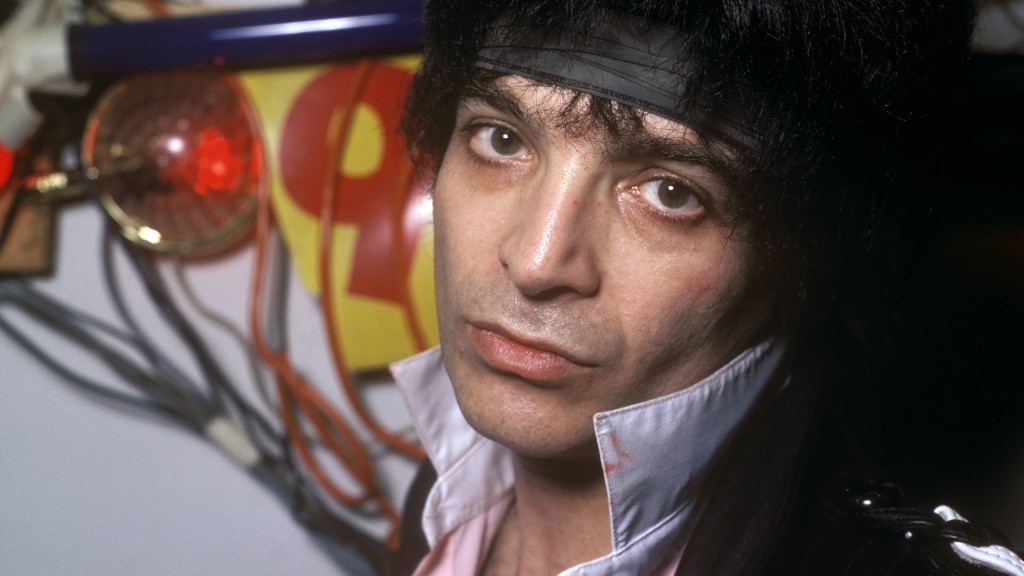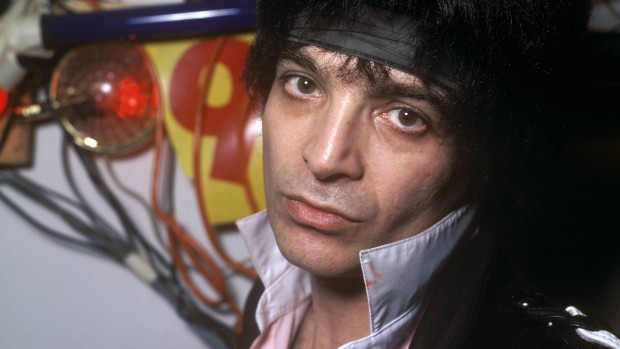
Like many who would become fans, I can vividly recall discovering Suicide. I was barely eighteen, having returned home from yet another ill-advised rural Northern Irish Saturday night out. A few days before, a classically myopic Nirvana devotee a tad too immersed in late-teen hubris, guitar angst – I seem to have told myself – just wasn’t cutting it much anymore. Suddenly gluttonous almost to the point of panic for musical discovery, I had recently spent several consecutive late nights in the back room downloading countless vigorously recommended albums by two sonic savants I recall swearing by then, Piero Scaruffi and Mark Prindle. “The Pop Group, you say? Who’s this Captain Beefheart? Suicide? There’s a band actually called Suicide?”
The ritualistic nature of returning home at 2am, suitably shitfaced, very single and acutely aware of feeling devoid of direction holds a certain romantic weight in retrospect. For one reason. Yet to arrive at that inexplicable intersection of one’s life where the lurking thought of having discovered all the true greats – all the cult classics, all the sub-genre must-haves, anomalies and oddities – can be stifling, the idea of jumping into bed, sticking the headphones on and hitting “shuffle”, liable to be met with something legitimately life-changing for the very first time, was very potent. Drifting off that one night, just as the morning started to peer through the corners of the window, the first cold, shuddering beats of ‘Frankie Teardrop’ by Suicide began.
Holy sweet fuck, I thought, almost instantly. This is definitely the sound of unease distilled; a feverish, unravelling narrative of doom like no other. “Frankie’s going to kill his kid… Frankie’s going to kill his kid,” a disembodied voice juddered in my ear, each syllable and chilling yelp coated in savage slap-back tape-delay. Probably less than a minute in, the hairs stood pointed on my arms. Frisson had hit. I’d experienced this before listening to Radiohead’s ‘Pyramid Song’, ‘Washer’ by Slint and some Elliott Smith. Maybe ‘California Dreamin’’ as a youngster. But this was different: hovering over Martin Rev’s sparse keyboard motif, Alan Vega’s harrowing tale of pure nihilistic quintessence felt impossibly uncontrived. Twenty-year-old Frankie. Failure, urban ruin, utter desperation and the spectre of war. Three dead bodies.
Having earlier been on the very cusp of slumber, I’m almost certain I didn’t sleep a wink that night, unnervingly resigned to sitting through Vega and Rev’s matchless 1977 debut in full. A corner had been turned. A whole new realm – an entire territory of bleak and downright creepy cool – had been uncovered with very little hint of anticipation. Earlier that night, ‘77 was defined by Rumours, Never Mind The Bollocks…, Marquee Moon, Low and Pink Flag. Suicide were probably just another band that Scaruffi had overvalued; I’ll likely never even give them a spin. Oh well.
Of course, I was very wrong. In much the same way I randomly happened upon Slint via ‘Don, Aman’ in a very similar set-up a couple of Summers previous, Suicide entered my life through the back door. Still and quiet in that heart-heavy limbo between night and morning, their disquieting, boundary-pushing synth-pop par excellence clicked as if fated. Sure, I still knelt at the altar of The Stooges, King Crimson and Nirvana but Suicide – God, Suicide – yielded the long overdue Eureka effect. One of the most confrontational vocalists of the 1970s or any other decade, I would soon learn, Vega – the Elvis of psychosis – simply demanded to be heard. America was killin’ its youth and no one came even close to competing with him in holding a broken mirror up to the face of modernity’s mass disjointed nightmare. Brian Coney
Photo by Peter Noble




